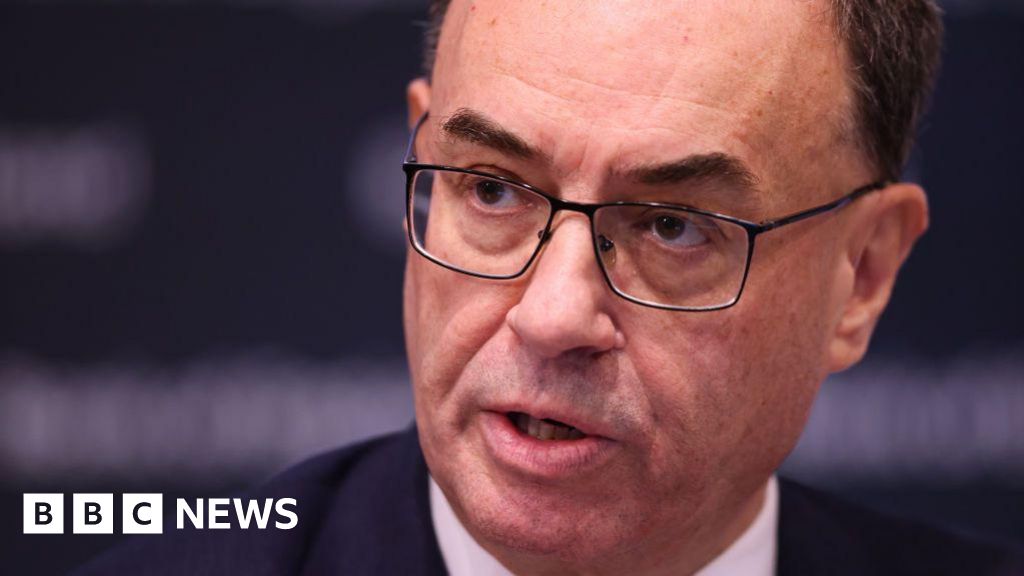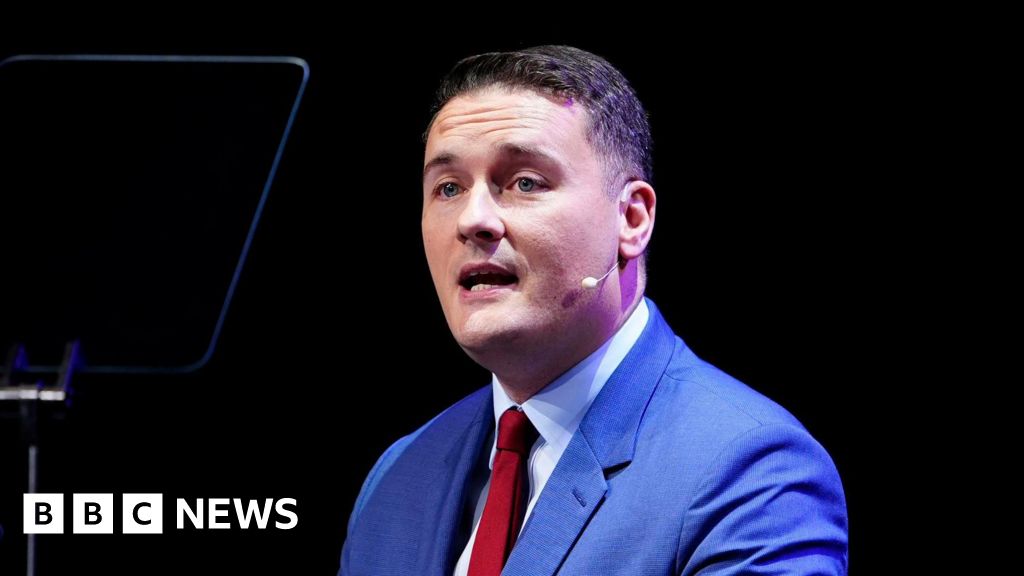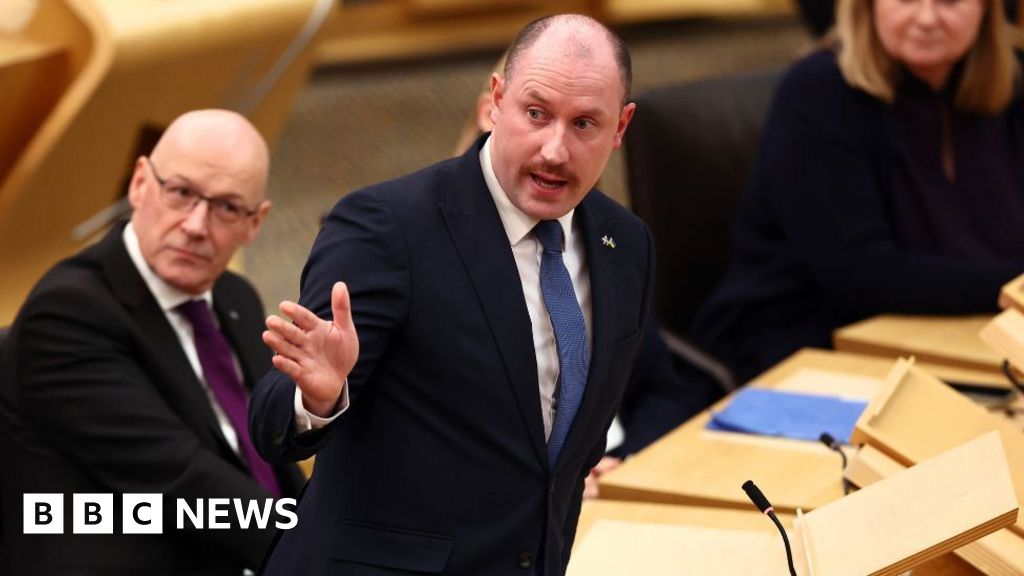ARTICLE AD BOX
image source, Getty Images
A Labour government would launch "fair pay agreements" to ensure business and employees agree and stick by minimum standards for pay and conditions.
Labour deputy leader Angela Rayner will set out the plan when she opens the party's conference in Brighton.
She will argue that fair pay agreements would "stop bad bosses from exploiting their workers and driving down pay".
If elected, Labour says it would introduce the agreements within their first 100 days in power.
Under the proposal, representatives of workers and employers would be brought together by the government to negotiate minimum standards - or a floor - for pay and terms and conditions for their particular sector.
Once agreed, these terms would be binding on employers and staff.
Labour argues this would prevent "exploitative employers from undercutting the many good employers" - pointing to the introduction of such agreements in New Zealand and some European countries.
Adult social care would be the first sector to go through the process, the party says.
'Driving mission'
Ms Rayner - who is also Labour's shadow secretary for the future of work - is expected to tell the conference: "The best way to improve the lot of working people is collectively, achieving more by the strength of our common endeavour than we achieve alone.
"Fair Pay Agreements will drive up pay, improve conditions in the workplace and stop bad bosses from exploiting their workers and driving down pay and standards for everyone."
She will also say that ending "poverty wages and insecure work" will be the "driving mission of the next Labour government".
Welcoming the proposal, TUC leader Frances O'Grady said: "Giving workers and their unions more power to bargain collectively is the best way to improve pay and working conditions across Britain."
The idea of fair pay agreements is one policy included in Labour's green paper on employment rights. Other proposals include:
- Increasing the minimum wage to £10 per hour for all workers
- Ensuring all workers - except the genuinely self-employed - have the same rights including sick pay and protection against unfair dismissal from their first day in employment
- Giving all employees the right to flexible working
- Ending 'fire and rehire' practices
- Banning zero-hour contracts
- Increasing statutory sick pay and making it available to the self-employed and those on low wages.
Ms Rayner's speech marks the beginning of Labour's annual conference - Sir Keir Starmer's first in-person conference since he became leader in 2020.
The Labour leader may be starting the conference with a fight as he attempts to change party rules governing how leaders are elected.
Sir Keir wants to scrap the system whereby grassroots members elect the leader, a process which put him and his predecessor Jeremy Corbyn in power.
Instead he wants to return to an "electoral college", under which party members would account for a third of votes, MPs' votes would make up a further third and trade unions would get the final third.
Sir Keir will need union backing to push through the changes, but the BBC has been told there was not yet enough support or agreement amongst unions and so the new rules could not be tabled at a meeting of the party's national executive committee on Friday evening.
There is another meeting of that committee at 11:00 BST on Saturday and sources have said "discussions would continue".
Meanwhile, MPs on the left of the party have been critical of the plans, with the party's former shadow chancellor John McDonnell accusing Sir Keir of focusing on "internal factional pursuits".
And ex-leader Jeremy Corbyn has accused the party leadership of trying to "shut down debate, sideline the members and trade unions with the end result that Labour props up rather than challenges our broken political and economic system".

 3 years ago
52
3 years ago
52








 English (US)
English (US)